NEW ACADEMIC MODELS
The partnership with world-leading coding bootcamp, Le Wagon, reflects Honoris’ belief in the importance of coding as a core competency for the 4IR and 21st-century world of work.
Le Wagon Africa

Le Wagon's mission is to enable people to learn digital skills in order to help them thrive in their careers or launch their tech projects. It offers web development and data science courses, and is the world’s most acclaimed coding bootcamp according to student reviews on Switchup and Course report.
Founded in 2013, Le Wagon boasts an international presence in 40 cities around the world, a community of 10,000 alumni from all walks of life, a proven teaching method, and a corporate offer for companies to hire, train, and retain top tech talent.
Honoris United Universities joined forces with Le Wagon to provide a free online web development course as the network integrates the skill of coding into its employability ecosystem.
As a partner institution of Honoris, Le Wagon will establish a presence in Honoris communities – beginning with Mauritius and Morocco – alongside developing institutions in 15 key tech hubs across Africa over the next five years.
The short but intensive online course will introduce students to the relevant coding skills required to become a beginner software developer and provide an opportunity for them to collaborate with developers, designers, and other digital professionals. >>read more
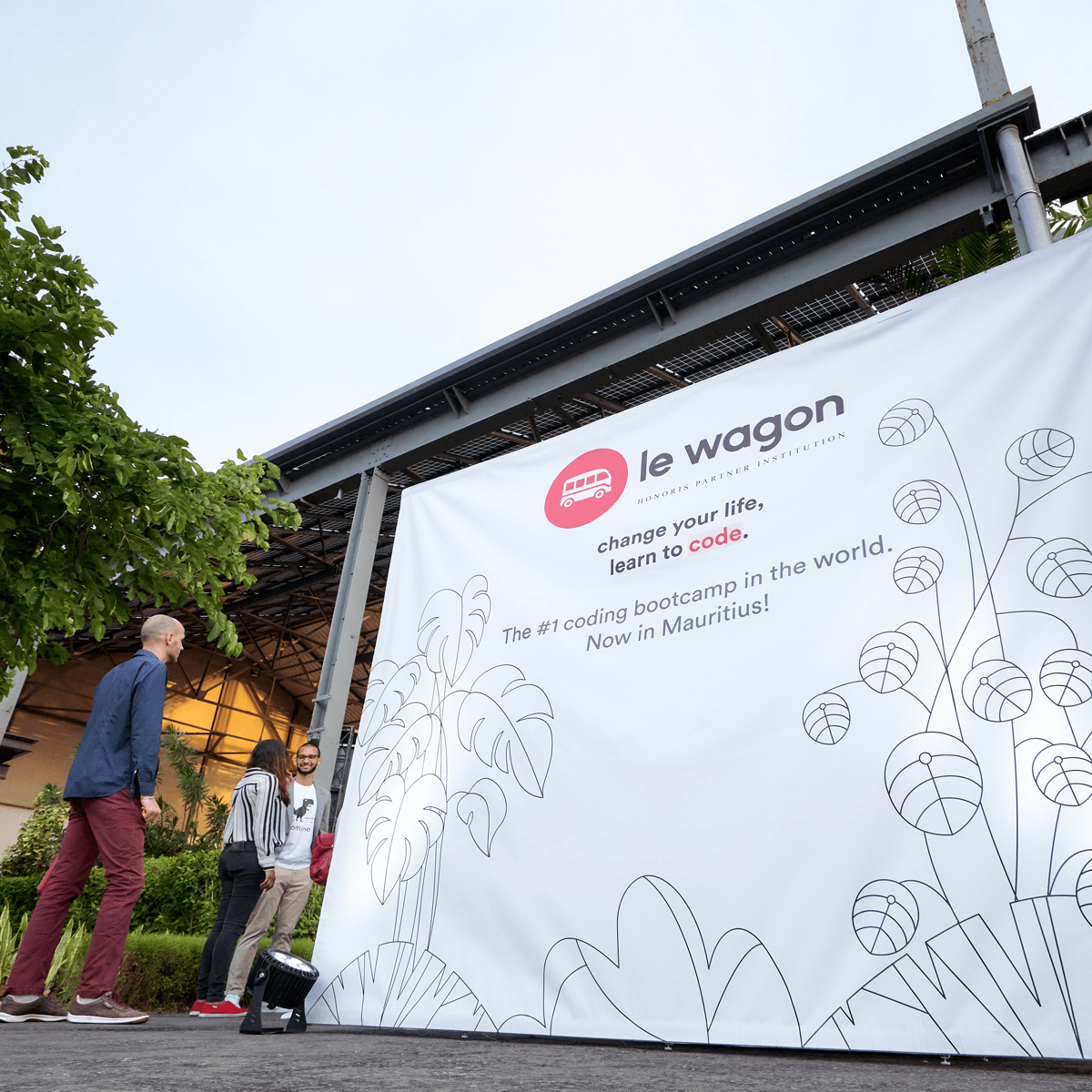
The Le Wagon coding bootcamp is approved by world leaders in the sector such as Google, Amazon, and Apple.
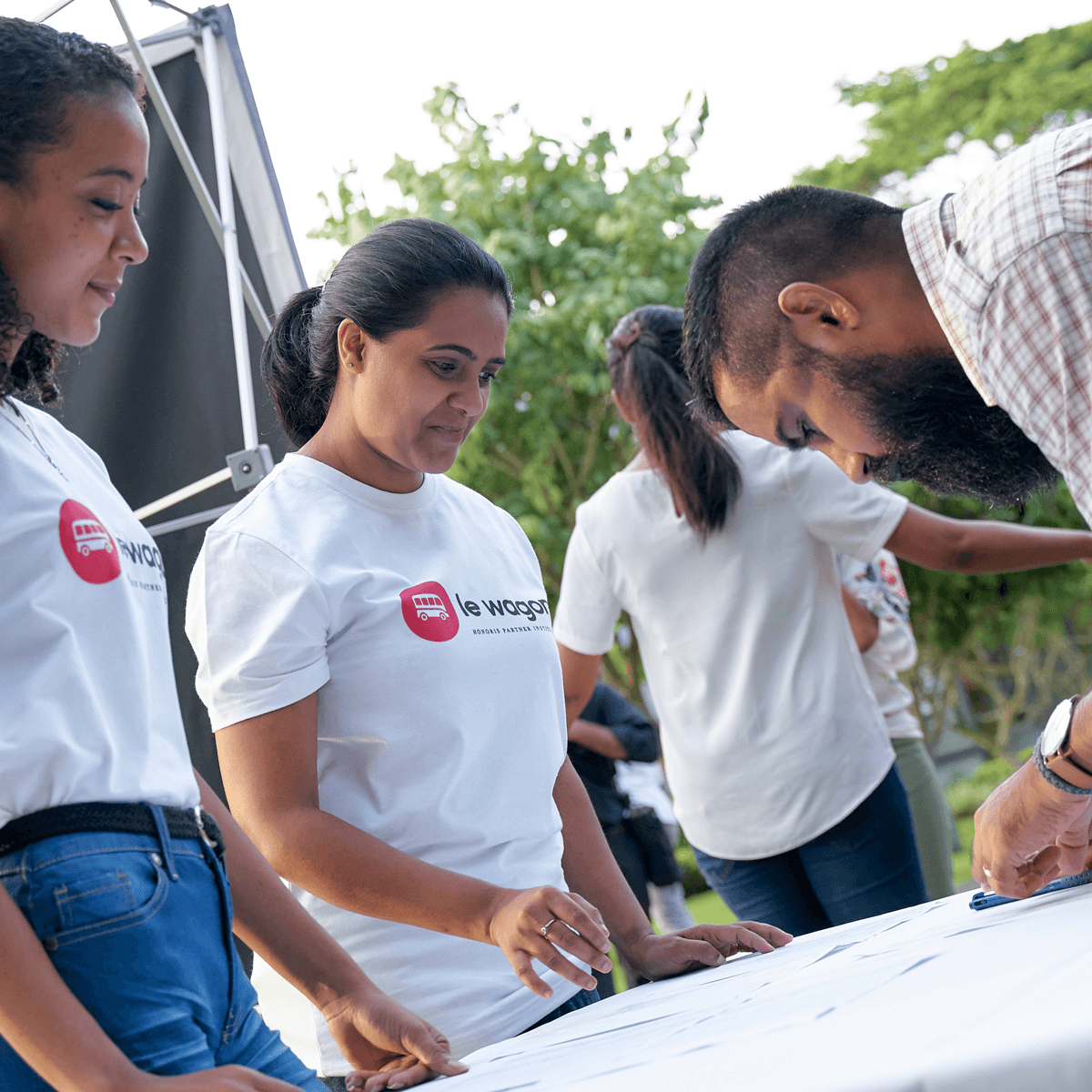
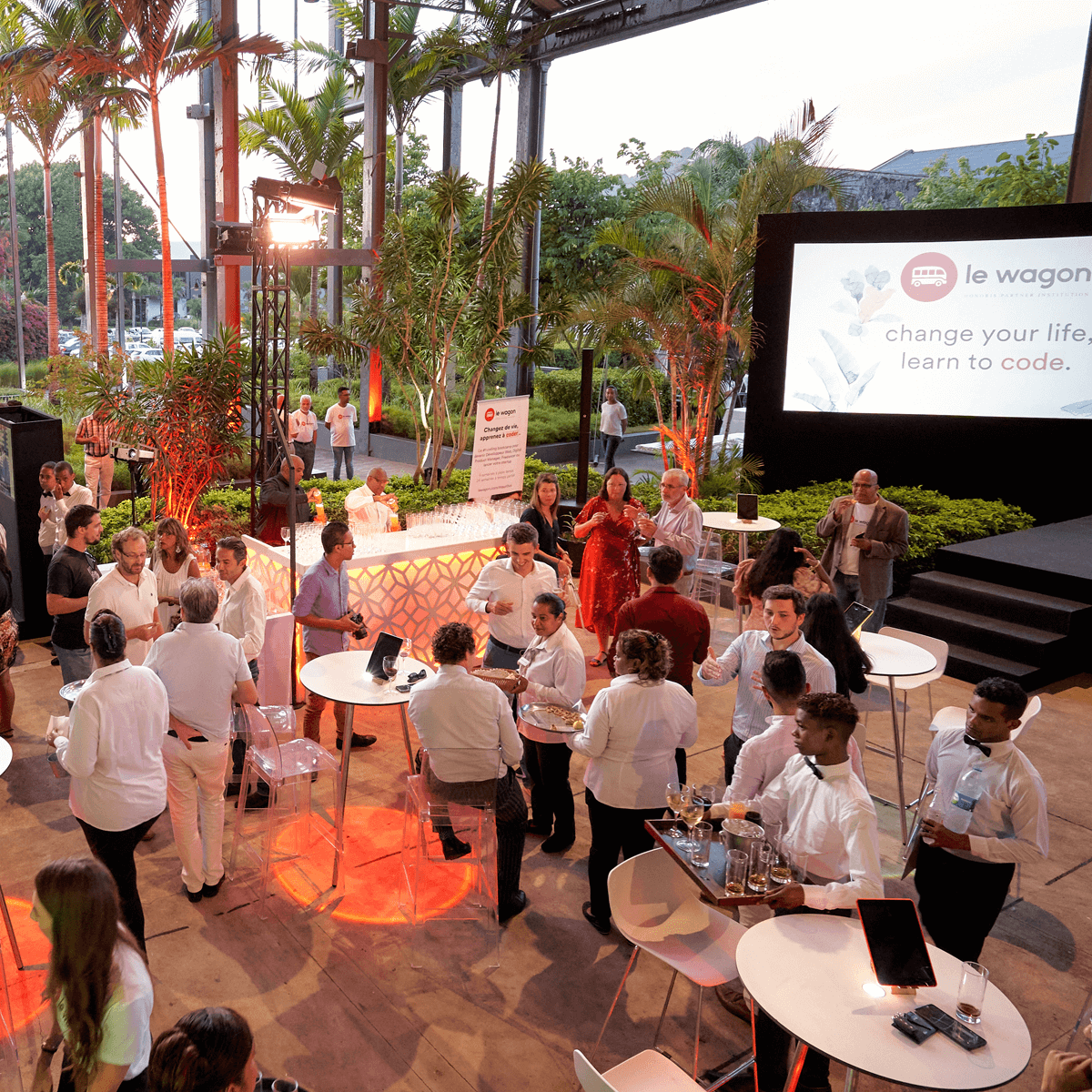
I-DAIR COLLABORATION WITH ESPRIT (TUNISIA)
The International Digital Health & AI Research Collaborative (I-DAIR) is a global platform to enable inclusive, impactful, and responsible research into digital health and Artificial Intelligence (AI) for health. It is being co-created with a diverse range of stakeholders from the public, private, and academic sectors.
I-DAIR has established a number of hubs which are hosted by local leading research centers. These hubs are a growing network of collaborating research centers on Artificial Intelligence and digital health.
They are at the heart of I-DAIR’s work on responsible and inclusive research and development of digital health and Artificial Intelligence technology.

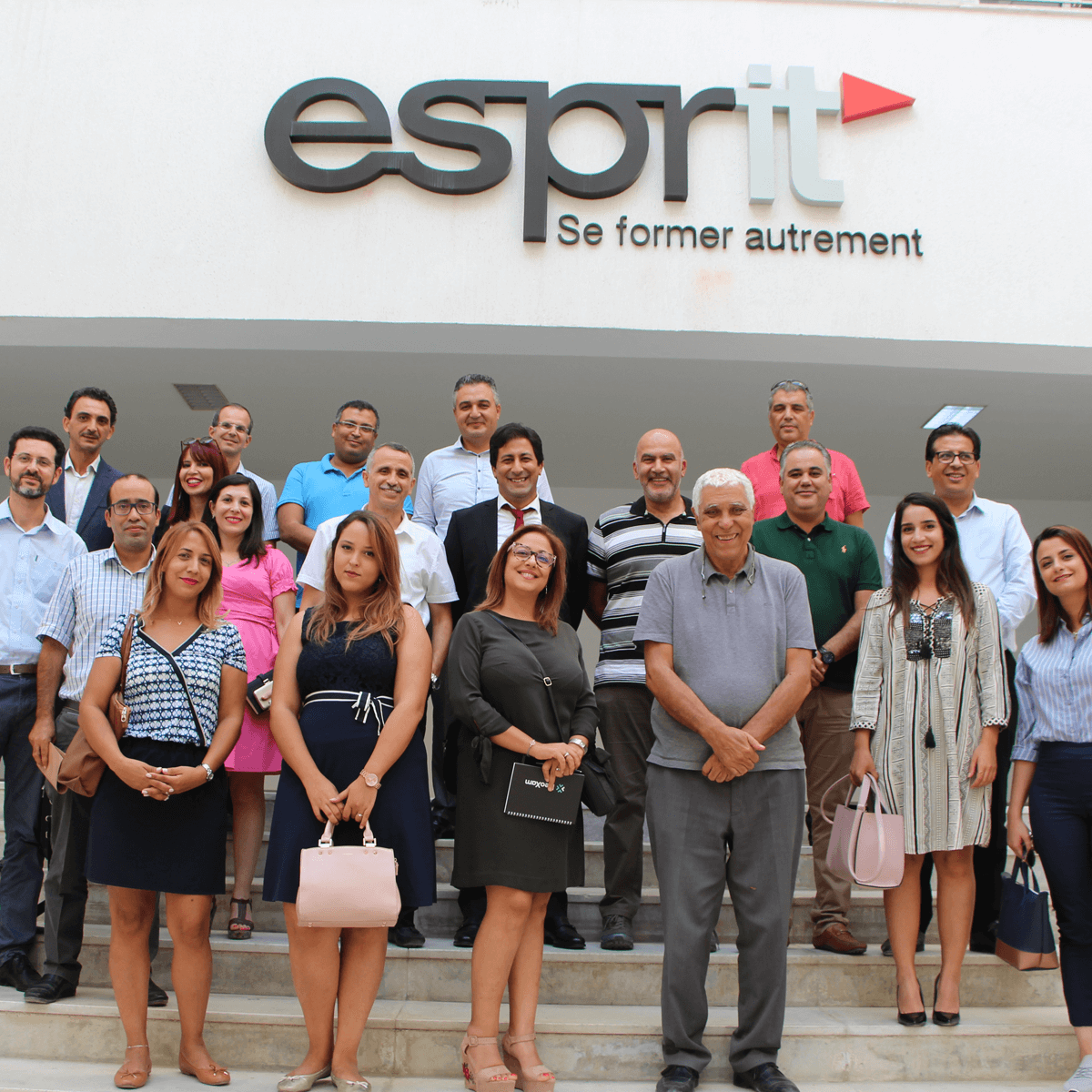
ESPRIT signed a Memorandum of Understanding with the Foundation for the Graduate Institute of International and Development Studies - acting through I-DAIR - to create a sixth hub in Tunisia such as those in Switzerland, Singapore, India, Chile and Kenya. A seventh hub has also been created in South Africa.
I-DAIR’s hubs are a global network of regional expertise promoting trans-disciplinary, diverse, and shared digital solutions for health. Their objective is to build a distributed, inclusive, and neutral architecture for authentic cooperation in research in the digital health and AI for health domains. In addition, it seeks to federate stakeholders, maximize impacts, minimize risks of misuse and missed-use of data, and promote digital health for the advancement of the Sustainable Development Goals (SDGs) and Universal Health Coverage (UHC).
>>read more
EMBRACING DIGITIZATION
Honoris intends to embrace digital transformation to continually reshape and rethink education. This also extends to protecting the integrity of qualifications of our students, in the context of digitization.
Digitization of academic credentials
With higher education being much sought-after and providing a measure of status and improved job prospects, fake credentials have become a global problem with thousands of “diploma mills” or fake universities selling certificates for all levels of degrees.
The introduction of blockchain certificates by MANCOSA bolsters Honoris’ commitment to embrace digital transformation across the student’s journey. Honoris, of which MANCOSA is a member, has formed a partnership with BC Diploma, a global leader in blockchain digital credentials.
The blockchain-based (BC) diploma certification service is a way to tackle the scourge of fake qualifications, while protecting brand reputation. The BC Diploma dematerializes and automates the issuance of certified diplomas and certificates, and is designed to guarantee the highest level of reliability on the market.
The blockchain technology ensures that students have a life-long shareable access to their verified certificates for employers and professional networks. The issuance of digital diplomas provides employers with the guarantee that any certification presented by graduates is 100% authentic.
Blockchain Diplomas issued to date
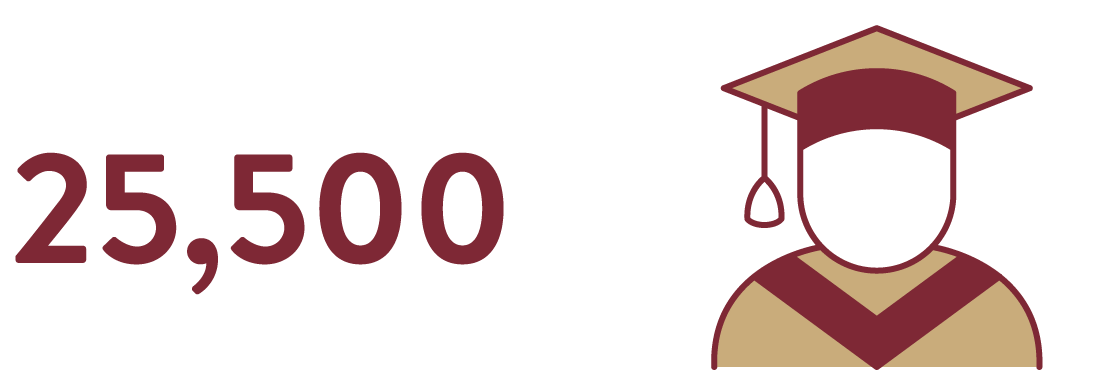
Diplomas
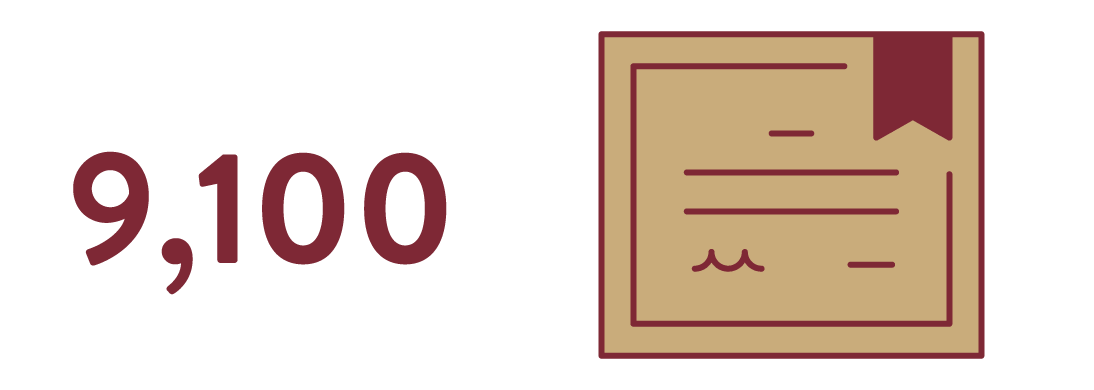
micro-certifications and certificates
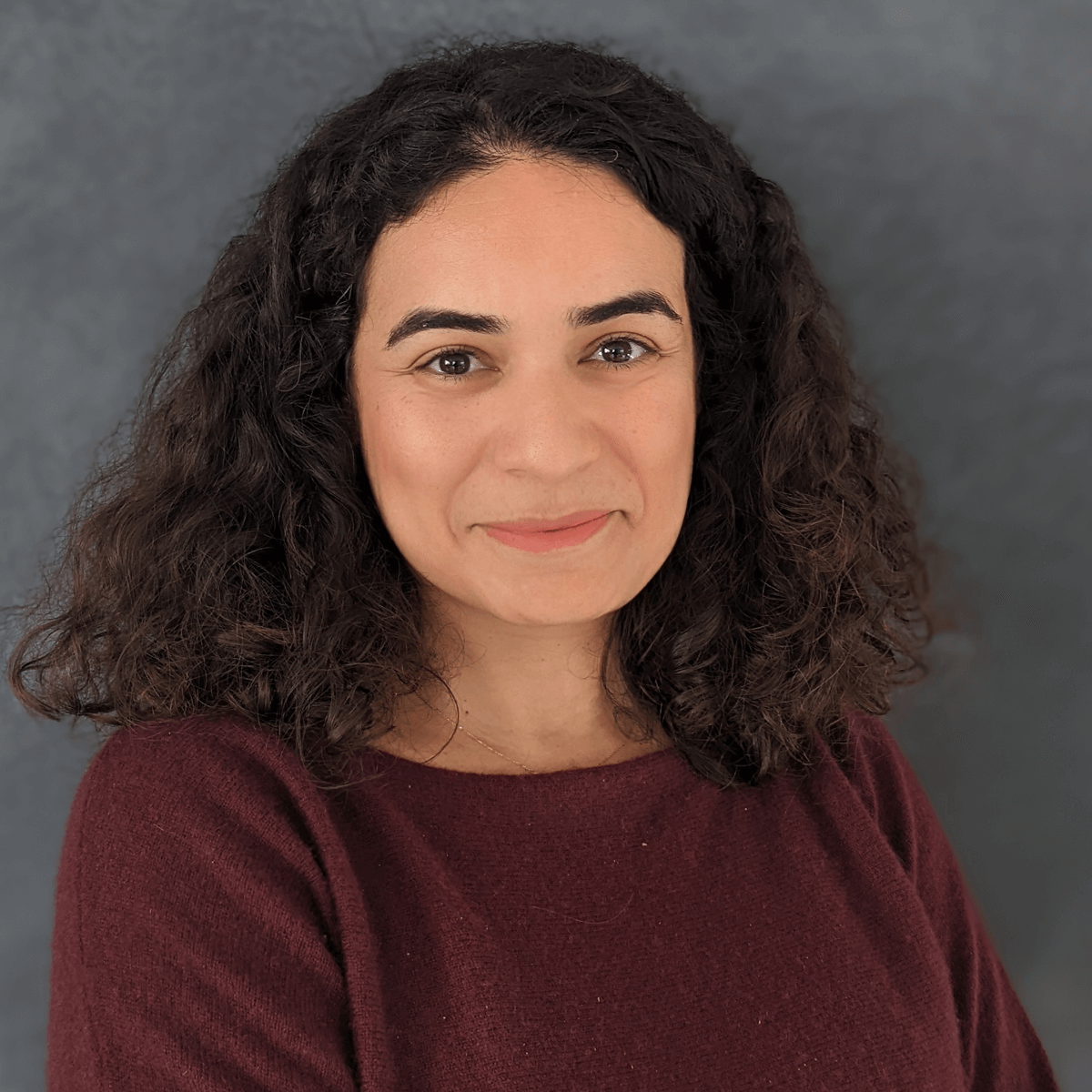
Dematerialization of credentials
Dematerialization of credentials is part of a larger dynamic of Digital Transformation at Honoris United Universities on the student journey from registration to employment and beyond. To kick-start their journey in the 21st century job market, it is important to allow students to easily share their diplomas with professional ecosystem in a secured, verifiable, and durable manner. The tamper-proofed certificate offered by blockchain technology is not only innovative but also provides seamless experience easy to adopt from each stakeholder: students, administrative staff, HR and professionals. A certificate carries the symbolism of an important achievement for a student that is traditionally celebrated in graduation ceremonies. In our digitally disrupted lives, it is no more enough. Personal and professional social networks are important ecosystems too. I’m always delighted when I see graduates from our network proudly sharing their digital diploma on LinkedIn.

